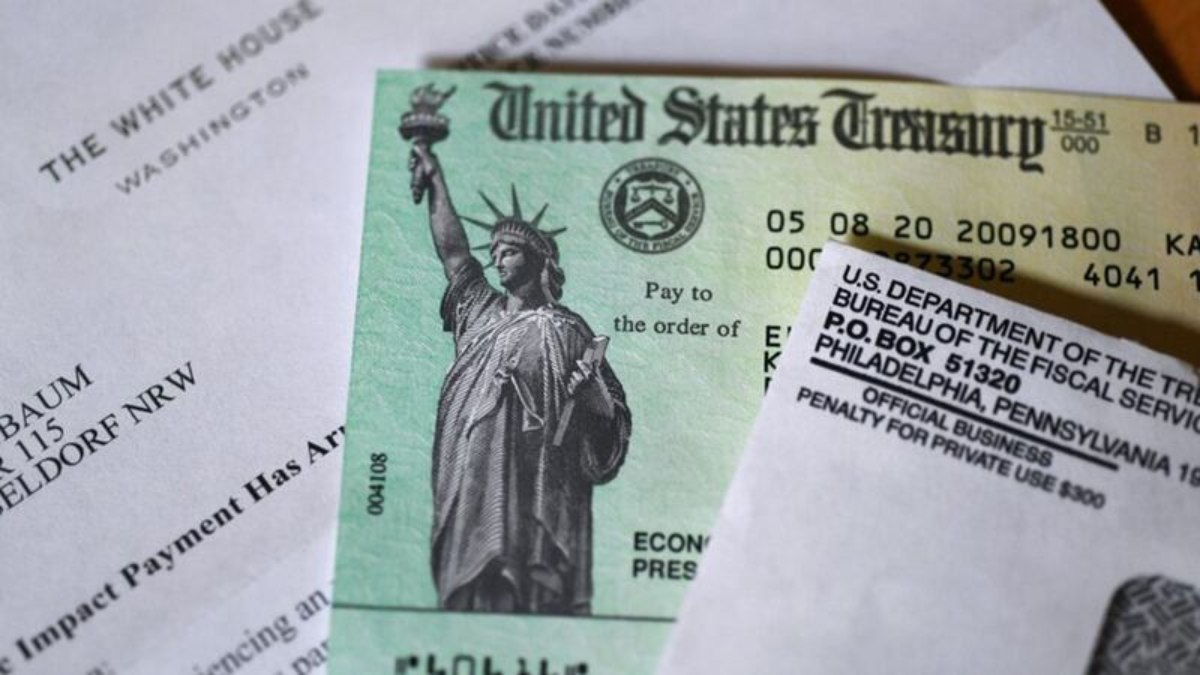As utility costs continue to soar, a new federal stimulus proposal could bring major relief: $2,500 stimulus checks aimed specifically at helping households manage energy and water bills. This targeted aid could make a real difference for millions of Americans struggling to keep up with rising costs.
Why Is This Stimulus Being Proposed?
The goal is to ease the burden of inflation and high energy prices, especially for low- and middle-income families. Lawmakers are pushing this initiative to ensure families don’t have to choose between paying bills and putting food on the table.
Who Is Eligible for the $2,500 Check?
Eligibility may depend on factors like household income, utility cost burden, and residency. Priority may go to seniors, people with disabilities, and families with children who use more energy for heating and cooling needs.
How to Receive the Payment
If approved, payments will be distributed via direct deposit or paper checks, using IRS and utility billing data. Households may also need to provide proof of past utility bills and income. An online application portal is expected to open once the plan is finalized.
Table – $2,500 Utility Stimulus Overview
| Criteria | Details |
|---|---|
| Maximum Stimulus Amount | $2,500 |
| Primary Purpose | Offset rising utility (electric, gas, water) bills |
| Eligible Recipients | Low- to middle-income households |
| Priority Groups | Seniors, disabled individuals, families with children |
| Income Limit Estimate | $75,000 (single) / $150,000 (joint) |
| Proof Required | Utility bills, income tax returns |
| Disbursement Method | Direct deposit or mailed check |
| Rollout Timeline | Expected late 2025 |
The $2,500 stimulus for utility bills could be a lifeline for households hit hardest by high energy prices. If you think you may qualify, start gathering your utility and income documents now. This relief package could be the boost families need to stay afloat during tough economic times.
FAQ’s:
1. Will renters be eligible for the utility stimulus check?
Yes, renters who pay for their own utilities and meet income guidelines will likely qualify.
2. Do I have to pay taxes on the $2,500 payment?
As of now, the payment is expected to be non-taxable like other stimulus checks.
3. What types of utility bills are covered?
The payment is meant to help cover electric, gas, water, and possibly internet or home heating oil bills.
4. Will I need to apply, or is it automatic?
Some households may receive it automatically, but many will need to apply via an online portal.
5. What if I’m behind on utility bills?
You may still qualify. In fact, households with overdue balances may be prioritized for relief.
